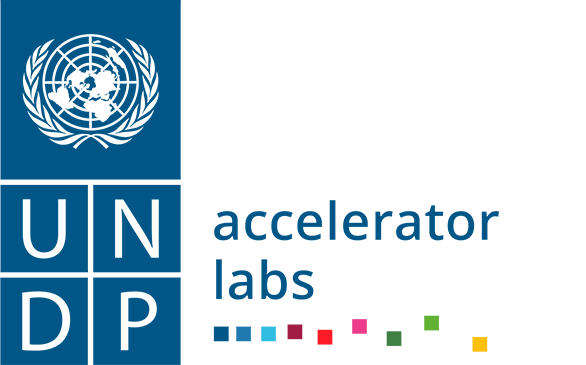A crowdsourced app for environmental monitoring
What it does.
This crowdsourced app to monitor the general situation of aquatic ecosystems allows you to collaboratively generate data and create a space where citizens can express their concerns and opinions about the environmental situation. The app is aimed at evaluating the ecosystem making users answer prompts like “Do you see any of these animals?”, “Is there garbage on the riverbank?”, “Is there garbage in the water?”, “Does the water smell bad?”. Based on the responses, the app calculates an environmental index (with values between 0 and 100).
Value proposition for the government/other partner.
By having a crowdsourcing app for environmental monitoring, you will enable the government to generate data collaboratively, allowing it to reach remote areas and foster its understanding on the ecosystems with the participation of citizens who have first-hand knowledge. The creation and continuous enhancement of this data allows the government to engage in evidence-based policymaking and policy innovation, generating valuable solutions for the participative conservation and protection of water bodies.
Why and when to use it.
This tool is most useful when there is a lack of systematic information on the aquatic ecosystems in your country, which results in poor environmental management, and there is a limited government presence in the targeted area.
Known issues and troubleshooting.
If there is a lack of 1) internet connectivity and/or lack of technological devices for citizens to use the app regularly or 2) lack of collaboration from government officials and volunteers to participate in the gathering of data and for fostering the use of the app, it would not be the best moment to make use of this tool yet.
Government partners are also needed to better understand the needs and current situation of the aquatic ecosystems under monitoring, which helps you to evaluate any adjustments needed for creating the most suitable app possible. Work meetings and collective intelligence exercises can be conducted to engage government officials. Therefore, when governments do not have the means to actively participate in such activities, it might not be possible to reach the most successful implementation of this app.
Context.
In the context of our solutions mapping initiative conducted in partnership with the Ministry of Science and Technology in 2022, we identified citizen science initiatives aimed at generating valuable evidence in areas such as flooding, bodies of water, and rainfall. Drawing inspiration from these initiatives, we developed (and tested) a collective monitoring app, enabling citizens, scientists, and the government to collaborate in monitoring aquatic ecosystems. Collaborating with three local governments in Buenos Aires—San Antonio de Areco, Mercedes, and Balcarce, Argentina—we initiated a small-scale experiment involving the development and implementation of the app. While visiting local lagoons or rivers, users can follow the app’s instructions, answering questions about their environment and providing photos of what they observe.
Cost to implement.
The development of the app will require hiring specialized technical services, which could amount to between USD 4,000 to USD 6,000. Additionally, you might consider adding a person responsible for the general direction of the project, including its reporting, which could add between USD 6,000 to USD 8,000 to your budget.
Time
The design, planning and implementation of this tool could take from 6 to 8 months. The development of the app will not be time-consuming since it uses open-source code. There is no need to start from scratch. Besides the development of the app, the process might include meetings and collective intelligence activities, as well as interviews with key informants and government officials.
People.
A basic team for the implementation of this solution could include: 1) a person responsible for the general direction of the project, 2) and a person, or agency, in charge of the technical aspects of developing the app. Additionally, the collaboration with local governments officials and volunteers is fundamental.
Focal point.
Country, year, and language.
Argentina, 2022 – ongoing, Spanish and English.
Resources.
- Report [English] - Environmental Citizen Science and its Effects on Participants, Governance, and Innovation. Evidence of Two Small-Scale Experiments.
- Report [Spanish] – Los efectos de la ciencia ciudadana ambiental para los participantes, la gobernabilidad y la innovación. Evidencia de dos experimentos a pequeña escala.
- Blog [English] – A simple solution for a complex problem: Citizen science, environmental policies and awareness.
- Blog [Spanish] Una solución simple para un problema complejo: Ciencia ciudadana, conciencia y políticas ambientales.
